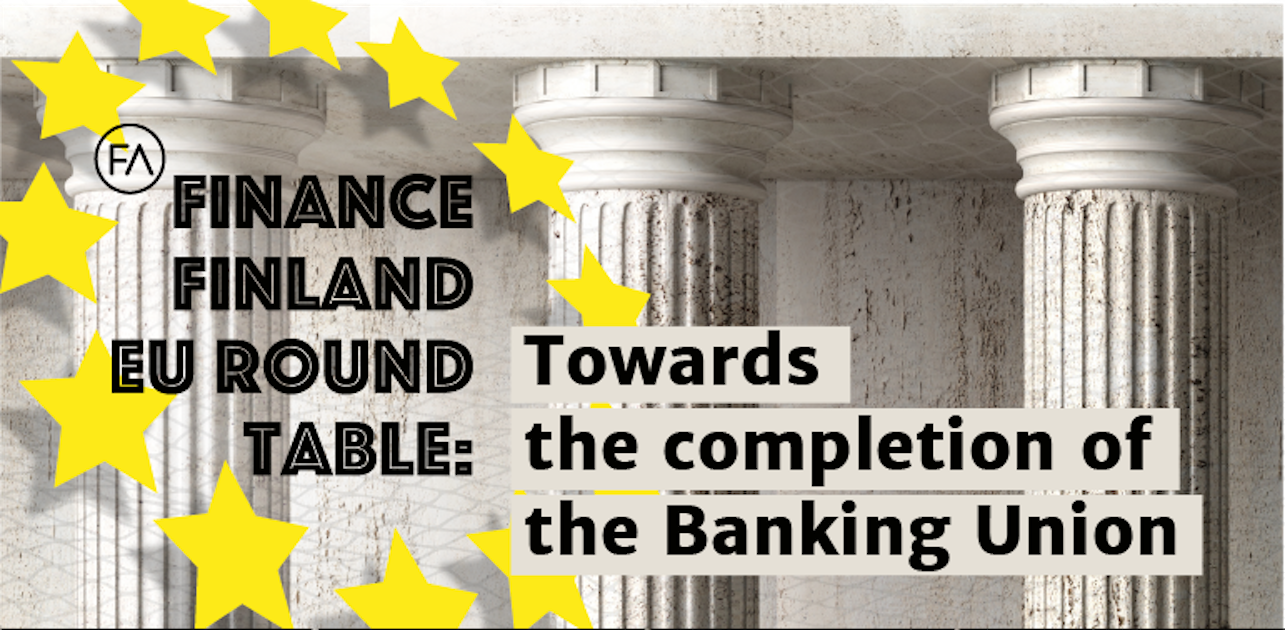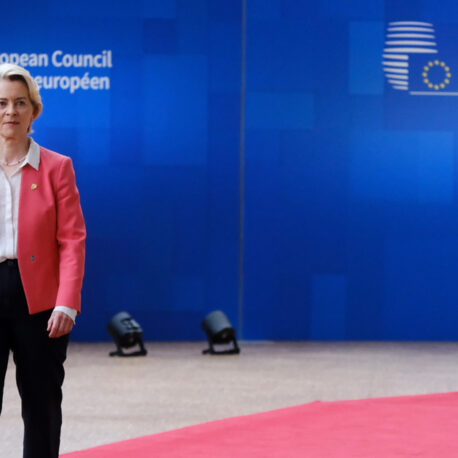
- Now is not the time to expand risk sharing. Decision-making related to the Single Resolution Fund has already been too fast when it comes to risk sharing.
- The system based on national deposit guarantee funds has worked well. Establishing a European Deposit Insurance Scheme (EDIS) should not be hurried. The problems of unhealthy banks must first be resolved.
- If an EDIS is implemented, the scheme should be lending-based. Potential losses must be covered at national level by the member states.
- According to Banking Union supervisors, the pandemic has raised banks’ risks and may even push them above the peak levels witnessed after the euro crisis.
Finalisation of the Banking Union is now on the table in the EU. The bank crisis management and deposit insurance framework is under review. The Euro Summit will most likely discuss the work plan to complete the Banking Union in June. The Commission will present legislative proposals by the end of the year.
The future of the Banking Union was discussed in Finance Finland’s EU Round Table webinar on 17 March. In addition to the financial sector’s own representatives, the speakers included Director-General of DG FISMA John Berrigan, Member of the European Parliament Eero Heinäluoma, and the Finnish Permanent Under-Secretary for International and Financial Markets Affairs Leena Mörttinen.
A link to the recording of the event is available at the end of this article.
DG John Berrigan compared the COVID-19 crisis to the great financial crisis thirteen years ago.
“This time, banks are part of the solution, not part of the problem, but we need to keep it that way.”
EU banks have granted various flexible arrangements to their loan customers during the current crisis, and have been able to continue their lending to households and businesses. Finnish banks have received nearly 300,000 grace period applications from their customers, the majority of which have also been approved.
That banks have been able to extend a hand to their customers reflects the fact that they are now more stable, safe and reliable thanks to lessons learned from the last crisis. Finnish banks have maintained their robust condition throughout the pandemic, but banks in some other countries have not been as fortunate. The statutory moratoria still in place in many member states also make it difficult to get a timely picture of banks’ current situation.
“Important steps have been taken to reduce risks, but full transparency will be vital to move any further. Banks must be more transparent about their condition and underlying risks. Until then, further steps cannot be taken in a common deposit insurance scheme”, said MEP Eero Heinäluoma.
Heinäluoma emphasised that failing banks should be saved without taxpayer money and avoiding notable impact on the real economy. Bail-in is an essential requirement without which the Banking Union and a common deposit insurance scheme are not possible.
“Banks must be more transparent about their condition and underlying risks. Until then, further steps cannot be taken in a common deposit insurance scheme.”
EERO HEINÄLUOMA, Member of the European Parliament

Finance Finland shares the view of MEP Heinäluoma.
“Every member state’s banking system must reach a healthy financial situation before the Banking Union can be deepened further. It is the responsibility of every bank and its home state to take care of this and to cover the potential costs”, comments FFI’s Chief Economist Veli-Matti Mattila.
Watch the recording of the webinar
Still have questions?
|Contact FFI experts
Looking for more?
Other articles on the topic

Hooray for simplifying regulation! But obligations must be streamlined thoughtfully, without compromising environmental goals

Putting EU citizens’ savings to work – Commission seeks growth by promoting saving and investment

Finance Finland’s CEO Ahosniemi: The Commission makes grand declarations for better regulation but fails to back them up with concrete measures in its work programme

The EU needs to build a more favourable investment climate




